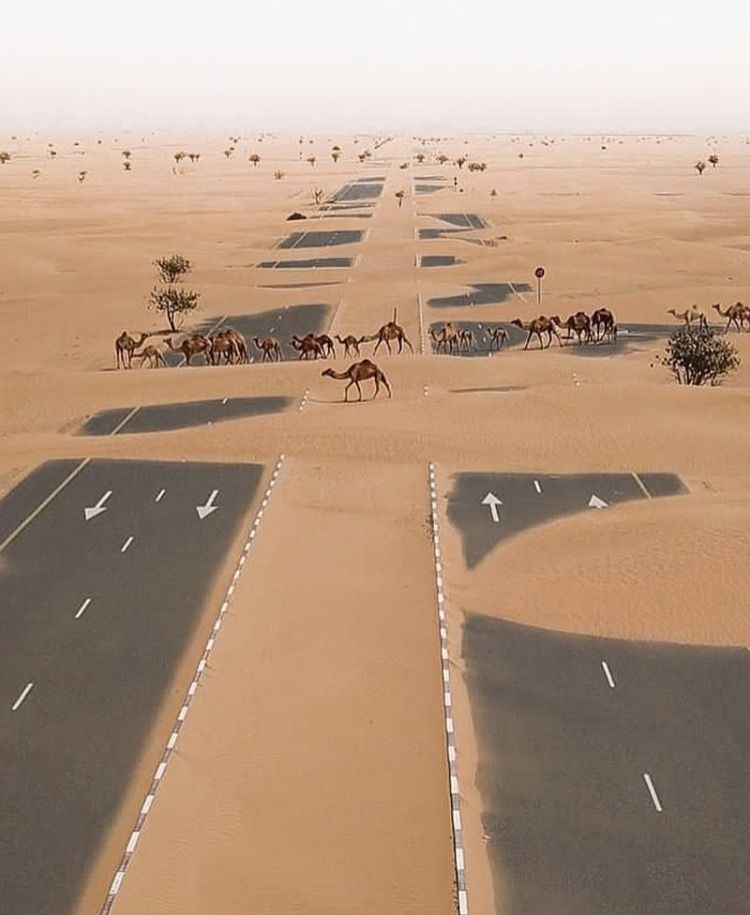Dubai is considered an economic hub that follows international trade and investment talks with American and European countries, while Abu Dhabi Sheikhdom is a sovereign and dominant emirate due to its political status and oil reserves. In other words, through the sale of oil and the revenues thereby, it provides financial and economic assistance to other UAE sheikhdoms by providing these donations and concessions Abu Dhabi retains its dominance over the other emirates.
The UAE was founded in 1971, and as it was mentioned, Dubai became the trade centre of the Emirates and Abu Dhabi acted as the centre of politics and governance; according to the constitution of the UAE, the Abu Dhabi ruler operates as the supreme authority and the prime minister and vice president are picked from Dubai as second and third highest official places in the country. At present, Khalifa bin Zayed is the ruler of Abu Dhabi and Mohammad bin Rashid al-Maktoum is the ruler of Dubai.
Despite news censorship and an atmosphere of political repression, disagreements between the two Emirates of Dubai and Abu Dhabi became more apparent when the ruler of Abu Dhabi Mohammad Bin Zayed, was in full compliance with the regional policies of Saudi Arabia and in a self-made coalition it tried to continue massacre of innocent and poor Yemenis by crisis building and dispatching troops to the south.
On the other hand, the Emirates, with Ben-Zayed’s sovereignty remains one of the main obstacles in the way of stabilizing and restoring peace to Syria alongside Saudi Arabia. The adoption of these war-mongering policies in the region is not favourable to the other small sheikhdoms. Meantime, sheikhdoms like Fujairah and Ajman regard these policies the main cause of bloodshed and chaos in the region as well as in making the UAE poorer.
In fact, apart from Abu Dhabi, which seeks to keep pace with Saudi policies in pursuit of the war-mongering strategies in the region, other sheikhdoms do not advocate this strategy. On the question of Qatar in particular, the hardline positions of Abu Dhabi officials have not been consistent with other policies of the UAE sheikhdoms in extending and maintaining the sanctions against Doha so that the Emirate of al-Fujairah has unexpectedly declared independence and separation, and even Sheikh Rashed Bin Hamad, the second governor of al-Fujairah secretly travelled to Doha and sought asylum in Qatar.
However, this separation is the first in the history of the United Arab Emirates, although many tried to cover it up somehow, in any case, the main argument is that the continuation of disputes within the UAE sheikhs can undermine its already unstable sovereignty more than before.
On the other hand, as mentioned, some experts speak of political disagreements between some Emirates, in particular Abu Dhabi and Dubai, and maintain that Abu Dhabi is destroying Dubai’s security and stability, because Dubai believes in non-state trade and economic policies based on the free market system and expansion of business cooperation with other countries in the region. While the possession of oil and its distribution through Abu Dhabi has caused the sheikhdom to dictate its policies to other emirates.
Other news reports indicate that there are internal differences regarding the adoption of regional policies towards Iran, which suggests that Dubai and some other UAE sheikhdoms, due to extensive trade relations with Tehran and the presence of Iranians in the economic and security structure of these sheikhdoms, seek easing of tensions and establishment of healthy and constructive relations with Tehran; Abu Dhabi and its rulers on the other hand, support tension and presence of interventionist forces in the Persian Gulf region, especially the Americans, because of blindly following the regional policies of Saudi Arabia.
So, it can be said that along with how the mechanisms of organizing security and economic policies of the UAE sheikhdoms in relation to Syrian, Yemen and Qatar works out, Iran is one of the issues that, despite the denials and cover-ups of the disputes between the United Arab Emirates is one of the decisive points of difference in the country’s decision-making process.










0 Comments